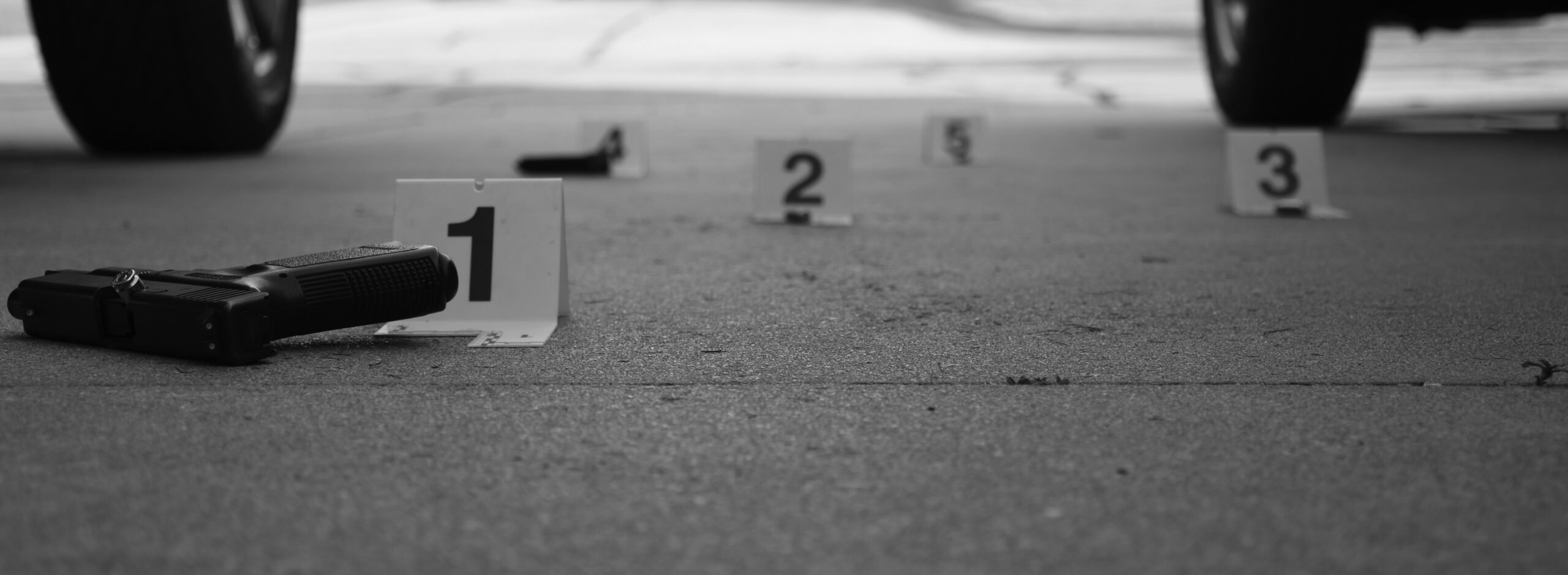Current Course Offerings
FORENSIC PHOTOTGRAPHY
This one day course covers the foundation of camera operations and photography. Once this foundation is built, the course introduces the student to crime scene, collision scene and comparative sciences photography.
BASIC UAS (DRONE) OPERATIONS
Drones are becoming one of the most commonly used peices of equipment to document outdoor crime scenes. Before a drone can be used, there are many different obstacles one must face before using the equipment. This two day course covers the minimum requirements needed for drone operations plus expose the student to basic flying skills. Topics include:
- UAS Registration
- Part 107
- Certificate of Authorization
- Basic drone maneuvers to build muscle memory
Courses offered through TriTech Forensics:
Advanced Crime Scene Documentation
This five day course is a combination of bloodstain pattern documentation and shooting incident documentation. Through practical exercises and lecture, topics such as:
- Bloodstain terminology
- Shooting incident terminology
- Methods of documenting bloodstain and shooting incidents
- Presumptive testing of bloodstains and suspected bullet defects
- Proper photography of bloodstains, trajectories and bullet defects
Shooting Incident Documentation
Detectives and forensic investigators are frequently summoned to scenes of violence involving firearms. These incidents, including homicides and officer-involved shootings, should be investigated to their logical conclusion. That requires an understanding of the firearms related evidence at the scene, and how to properly document it.
This two and one-half-day, Shooting Incident Documentation course teaches the student how to properly interpret physical evidence, and to document the scene through note taking, diagramming, and photography. Use of rods, lasers, and protractors will be covered, as will the use of mathematics in determining bullet flight paths.
This Shooting Incident Documentation course is designed as an introduction to the 40-hour Shooting Incident Reconstruction course, or as a standalone course for those students more concerned with documenting scenes as opposed to reconstructing them.
Bloodstain Pattern Documentation
When responding to scenes where blood has been shed, it is essential for investigators to ensure that the patterns formed by bloodstains are preserved and documented. In cases where the scene will not be visited by a qualified bloodstain pattern analyst, the correct documentation of these bloodstains will permit this type of analysis to be performed later in the investigation. Improper documentation can lead to instances where no analysis is possible or where such analysis is less meaningful and useful.
This 20-hour Bloodstain Pattern Documentation course is designed for the student who wants to learn how to correctly recognize, document, and collect bloodstains and bloodstain patterns for later analysis by a bloodstain pattern analyst. Students will be taught terminology, pattern recognition and documentation methods that will ensure the possibility that the patterns can be reconstructed and analyzed at a later date. Classroom presentations are supplemented with practical exercises and hands-on activities.
By the end of the Bloodstain Pattern Documentation training the student will understand the importance of properly documenting and collecting bloodstained evidence in the context of the overall event reconstruction. This class will be useful to investigators, crime scene personnel involved in documenting and collecting at scenes, and laboratory personnel who test bloodstained evidence.



